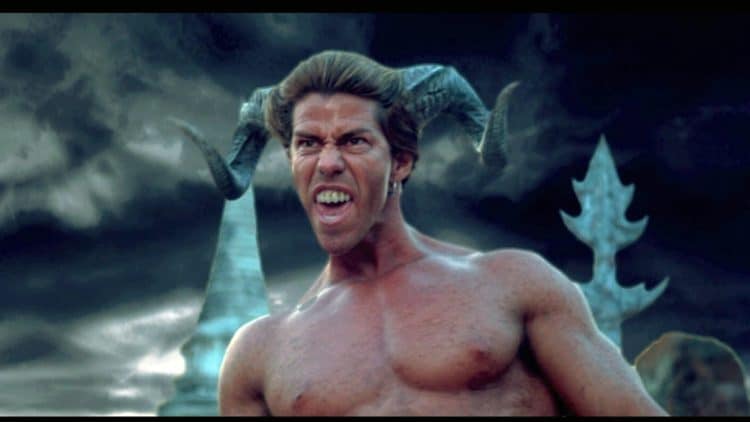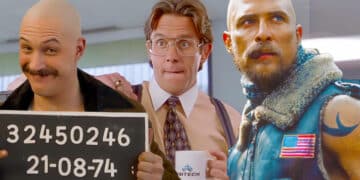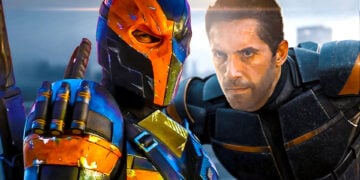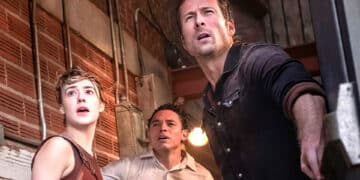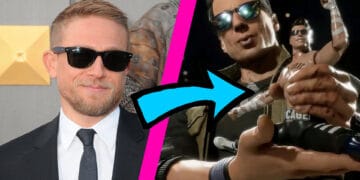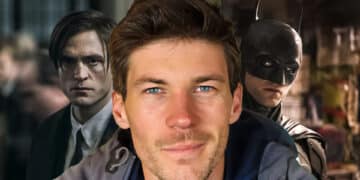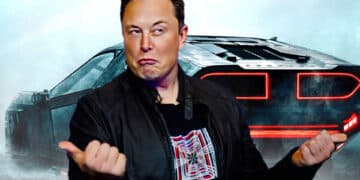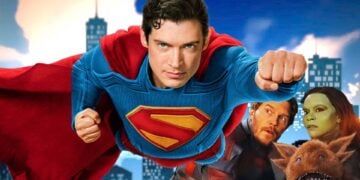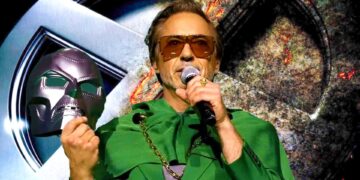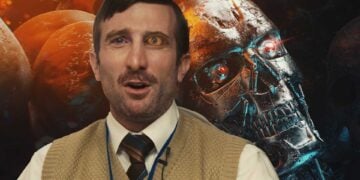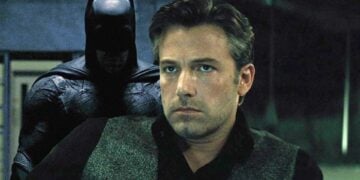Considering that Shao Kahn is able to clobber you so hard that your head shoots out of your butt, Mortal Kombat is what you’d call a precious treasure from the gaming gods. It’s an interesting franchise that’s successfully captured the pure sorcery of early ’90s video games and enough action-driven machismo to fill a Speedo. Unquestionably, its most faithful live-action movie adaptation is 1997’s Mortal Kombat: Annihilation.
This might sound like a controversial statement in a world where Paul W. S. Anderson’s Mortal Kombat exists, but the truth—much like unlimited tokens at the arcade—will set you free. In fact, this action-fantasy epic might be the most accurate video game adaptation of all time.
Boasting nearly twice the budget of the first film, Mortal Kombat: Annihilation decided to blow all of it on any actor who’d say yes to being a part of the production. It was a gracious gesture, while also delighting fans with the promise and allure of more characters than they could’ve ever imagined. (And thank goodness they heard our prayers and left the Steve Urkel of the series—Kurtis Stryker—out of it.)
As a result of their decision to pack the cast, this left far less money for two other aspects of Mortal Kombat: Annihilation: the script and special effects. But that’s OK, because those things, as you’ll soon discover, were essentially easy enough to replicate without a huge budget.
On the surface level, Mortal Kombat’s basic storyline is one giant gaping plot hole. Why must you fight in a sacred tournament to defend your realm if the loser disagrees with the final decision? Honestly, it sounds like the November 2020 U.S. elections.
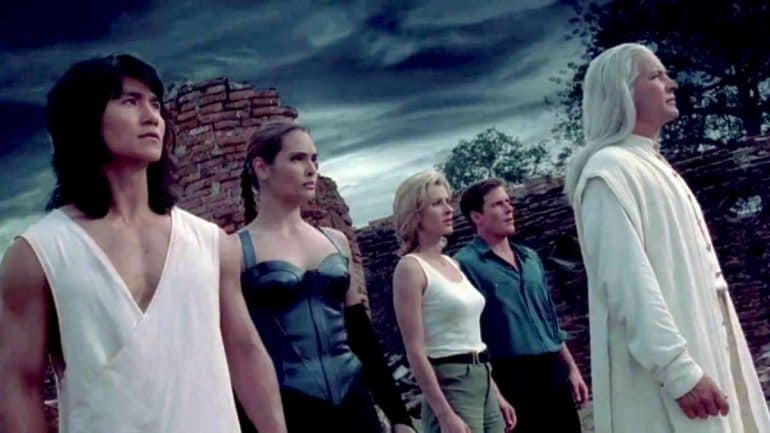
Mortal Kombat: Annihilation‘s entire premise stayed true to the source material. What was everyone fighting about? Probably for the same reasons you hit each other in school: No one recalls and because it was fun. It just happened and there’s no need to question it.
The film moved from location to location—just like the video games—as characters appeared for one fight, then they’d piss off like they should. There was no point having any character development or plot progression when the next Mortal Kombat would just undo everything, right? Truth be told, the filmmakers didn’t insult the audience’s intelligence, choosing to take the honest route of: Look, we know that none of this will matter when the next movie rolls by, so just chill and enjoy what you see.
And man, oh man… The special effects delivered like a truly authentic Mortal Kombat experience. From the same cloudy background on an infinite loop to Raiden’s glitchy lightning effects that were pulled straight from Castlevania: Bloodlines, this was the real power of the Sega Genesis on display – in a Hollywood movie!
The previous Mortal Kombat film had cut a lot of corners on the special effects front. It relied more on martial arts and the odd sprinkling of visual and special effects here and there to pique our interest. With Mortal Kombat: Annihilation, however, the filmmakers went balls to the wall and squeezed every bit out of their graphic design shareware—even giving us the fabled Animalities in all their glory.
Imagine a 10-year-old you witnessing Liu Kang and Shao Kahn in the ultimate battle. Having to dig deeper and summon something special to beat Outworld’s boss, Liu morphs into Spyro the Dragon’s 16-bit daddy and finishes off Kahn in the most apt manner. Mortal Kombat: Annihilation recreated a moment that could’ve been pulled straight from MK3—now that’s the highest fan service.
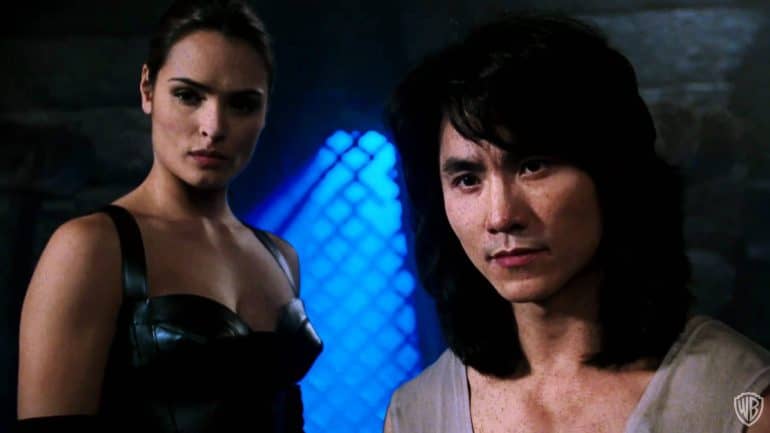
Watching Mortal Kombat: Annihilation now, it’s evident that this kind of passion for video game adaptations doesn’t exist anymore. There was something special about how the characters flipped around on screen for absolutely no reason or how their eyes would light up when the techno music hit. You felt like you were in a Mortal Kombat video game, right next to the 16-bit sprite and the clashing colour palettes. It was special.
The upcoming Mortal Kombat movie reboot has a long way to go if it plans to dethrone Mortal Kombat: Annihilation as the most flawless adaptation. To paraphrase Shao Kahn, it was “outstanding”.
Tell us, did you know that these Mortal Kombat characters were based on real people? Also, take a look back at the classic first movie and why Mortal Kombat has stood the test of time.


